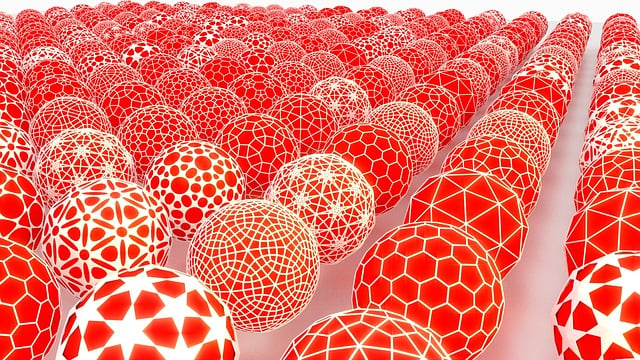Muscle soreness after intense exercise, known as DOMS, results from microscopic muscle fiber tears leading to inflammation. Kratom headaches post-workout are due to its use for pain relief, but it's not a long-term solution. Effective recovery strategies include hydration, rest, stretching, and foam rolling. Customized workout plans incorporating low-impact exercises, progressive strength training, and targeted stretching can alleviate kratom-induced headaches and muscle soreness. Kratom, derived from Mitragyna speciosa, offers analgesic and stimulant properties for managing next-day kratom headaches and chronic pain naturally.
“Experience lingering muscle soreness? Discover how customized workout plans can alleviate discomfort and speed up recovery. This comprehensive guide delves into the science behind muscle soreness, exploring its causes and effects on your body. We highlight the transformative power of personalized fitness routines in relieving post-workout aches. Furthermore, we introduce an unexpected ally: kratom, a natural herb known for its potential headache relief benefits the next day. Uncover these effective strategies to bid farewell to muscle pain.”
- Understanding Muscle Soreness and Its Causes
- The Role of Customized Workout Plans in Relief
- Exploring Natural Solutions: Kratom for Next-Day Headache Relief
Understanding Muscle Soreness and Its Causes

Muscle soreness is a common occurrence after intense physical activity, often described as delayed onset muscle soreness (DOMS). It’s a natural response from your muscles to the stress they’ve endured during exercise. When you engage in new or challenging workouts, microscopic tears form in your muscle fibers, leading to inflammation and subsequent discomfort. This process is part of your body’s adaptive mechanism, helping to strengthen and repair muscles over time.
One post-workout symptom that often accompanies muscle soreness is a kratom headache, which can persist into the next day. Kratom, a natural extract from the Mitragyna speciosa plant, is sometimes used by athletes for its potential pain-relieving properties. However, it’s important to note that while kratom may offer temporary relief from headaches and soreness, it should not be relied upon as a long-term solution. Understanding the root causes of muscle soreness can help individuals make informed decisions about recovery strategies, including proper hydration, adequate rest, and targeted stretching or foam rolling techniques.
The Role of Customized Workout Plans in Relief

Customized workout plans play a pivotal role in alleviating muscle soreness, including that lingering kratom-induced headache the next day. Unlike one-size-fits-all approaches, tailored routines consider an individual’s unique physical condition, recovery capabilities, and specific pain points. By incorporating these factors, exercises can be selected and intensity levels adjusted to offer targeted relief without further straining sore muscles.
These plans often involve a combination of low-impact activities, stretching, foam rolling, and progressive strength training. Such strategies not only help in repairing and rebuilding muscle tissue but also enhance blood circulation, promoting the elimination of metabolic waste and reducing inflammation associated with muscle soreness and headaches.
Exploring Natural Solutions: Kratom for Next-Day Headache Relief

Kratom, a natural herb derived from the Mitragyna speciosa plant, has gained attention as an alternative solution for managing muscle soreness and next-day headaches. Often used for its analgesic and stimulant properties, kratom can provide relief from chronic pain and inflammation. Research suggests that certain compounds in kratom interact with opioid receptors in the body, helping to reduce pain perception without the same risks associated with prescription opioids.
For individuals seeking a natural way to combat post-workout muscle aches and headaches, incorporating kratom into their recovery routine could be beneficial. It offers a gentle yet effective approach to soothing discomfort. Many users report improved flexibility and reduced soreness after regular use, making it an appealing option for those looking to avoid over-the-counter pain medications or explore more holistic remedies.
In conclusion, muscle soreness is a common ailment that can significantly impact daily life. Customized workout plans play a pivotal role in not only alleviating this discomfort but also in preventing future occurrences. By tailoring exercises to specific needs, individuals can effectively target and release tension from affected muscles. Additionally, exploring natural remedies like kratom has shown promise in providing next-day headache relief for those suffering from post-workout muscle aches. Incorporating these strategies into your wellness routine can lead to faster recovery times and enhanced overall well-being.














